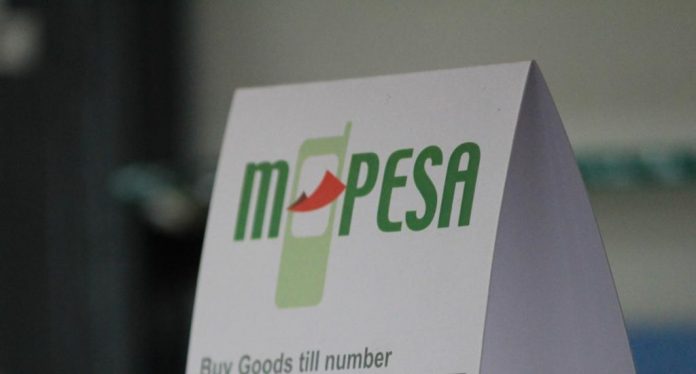Safaricom faces loses as the central bank of Kenya (cbk) extends the period for free M-Pesa transactions without consulting it, saying it will lose Sh19 billion worth of revenue by the end of the year from the fee waivers.
The CEO says that mostly is suffering due to decision from regulators.
The CBK announced the removal of charges on mpesa transactions of up to sh 1000 from march 16 until June 30, a period when bank to mpesa transactions would be free.
The regulator later made a unilateral decision to extend the relief measures until December 31, drawing protests from Safaricom and banks.
“We estimate the impact on M-Pesa payment support will increase to about Sh19 billion by the end of the year. Our appeal to the government would be that the regulatory environment that will follow this period of the pandemic be designed to support the revival of businesses and a return to growth,” Mr. Ng’ang’a said.
“We are keen to see our regulators and all concerned stakeholders adopt a more consultative approach to concerns within the industry in order to arrive at a more considered outcome for the benefit of all.”
“What has happened a lot in those transactions below Sh1,000 is that people are starting to split transactions. If they want to send Sh60,000 they split it into 60 transactions. And believe it or not, people actually do that,” Mr. Joseph said in a recent conference call with investors in his previous role as Safaricom’s acting chief executive.
Safaricom lobbied the regulator to limit the number of free M-Pesa transactions to five per day to stop businesses and high-net-worth individuals from taking advantage of the measures aimed at offering relief to ordinary folk.
A person sending Sh100,000 at once to another registered M-Pesa user, for instance, pays a fee of Sh105. By splitting the transactions many times, however, one can avoid paying any charges.
Safaricom also asked the CBK to lower the threshold for free M-Pesa transactions to Sh500. The regulator, however, ignored the requests.
